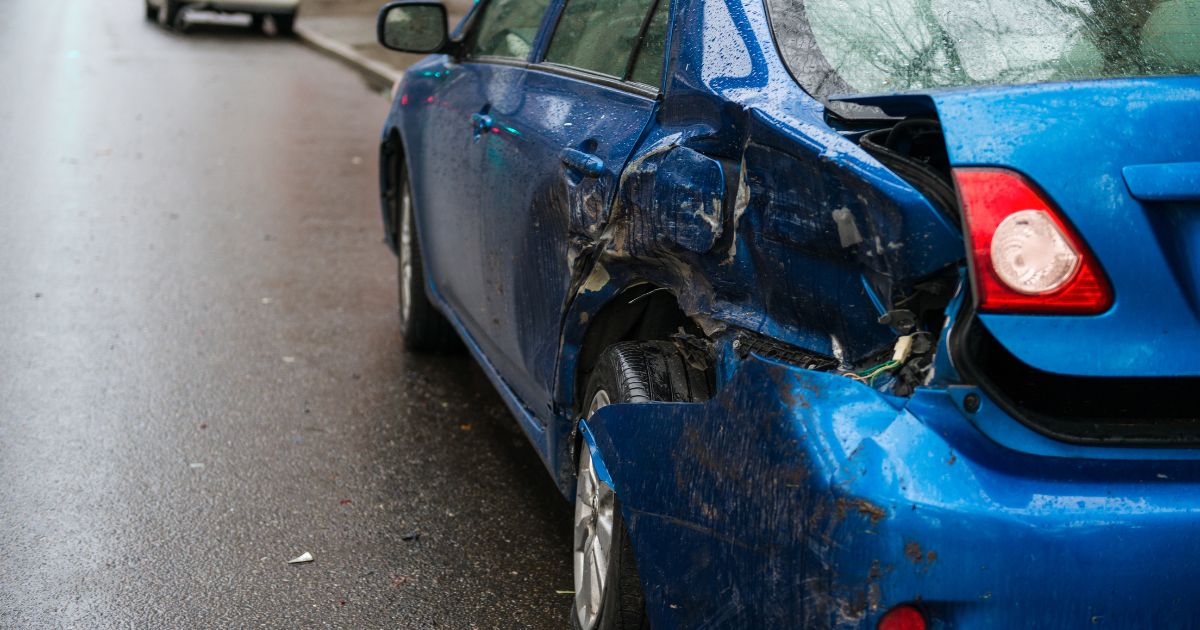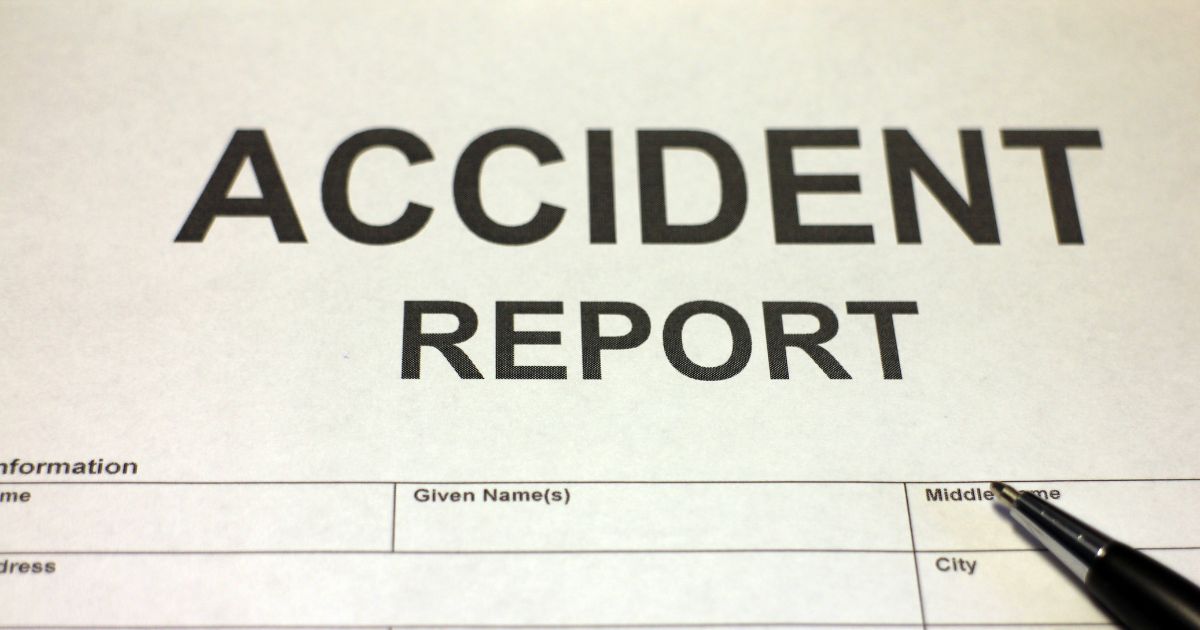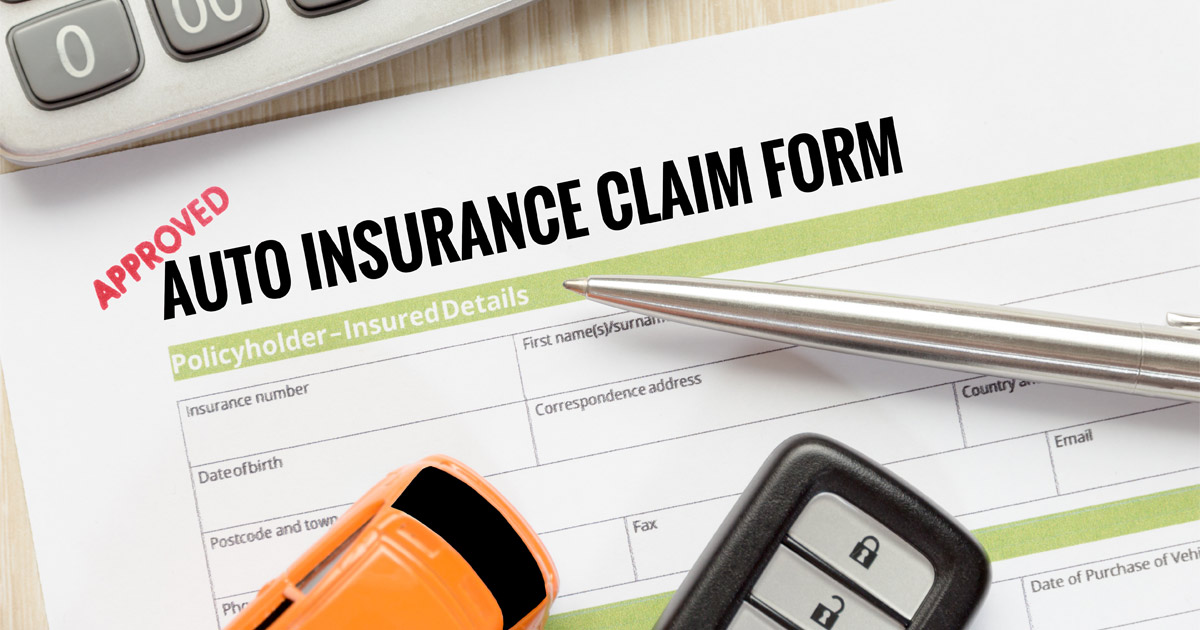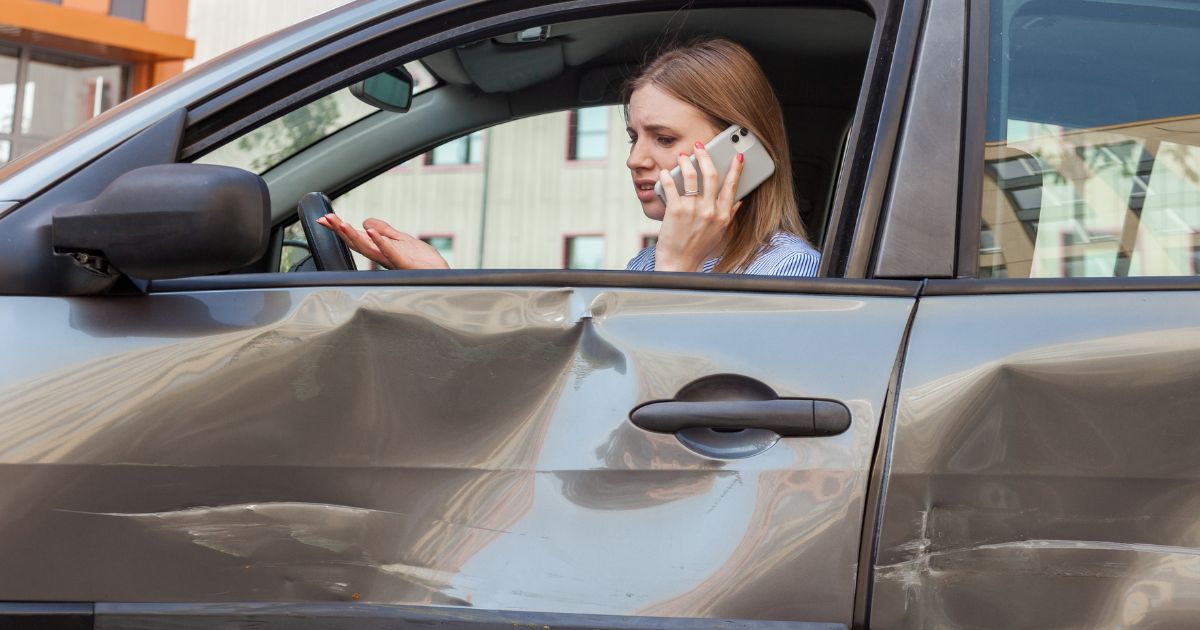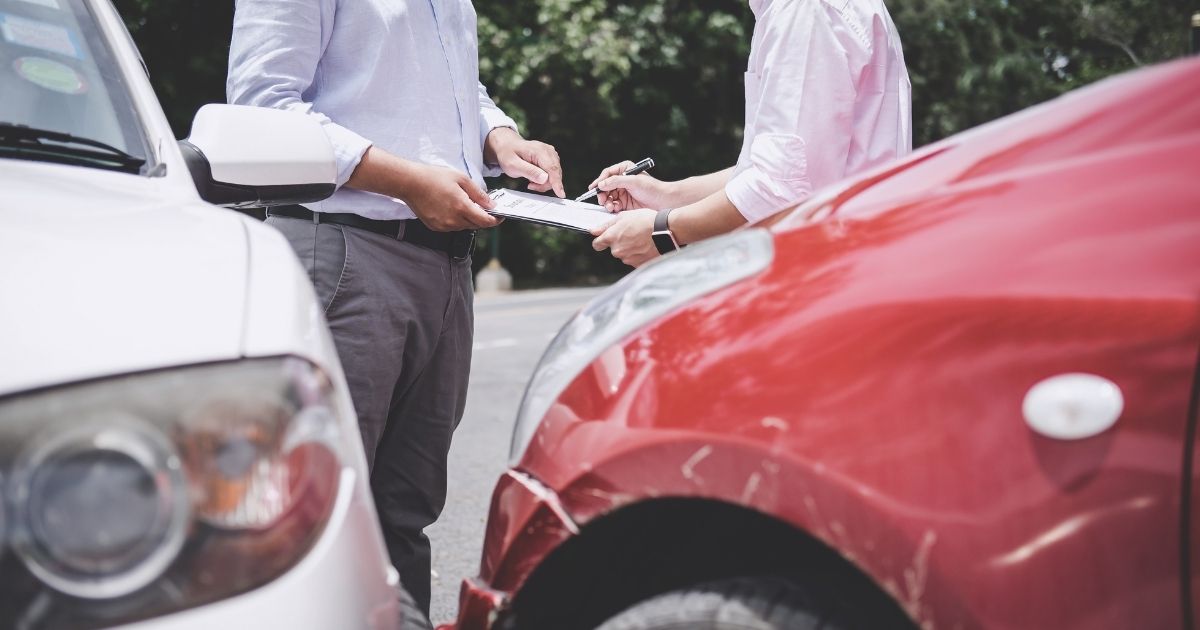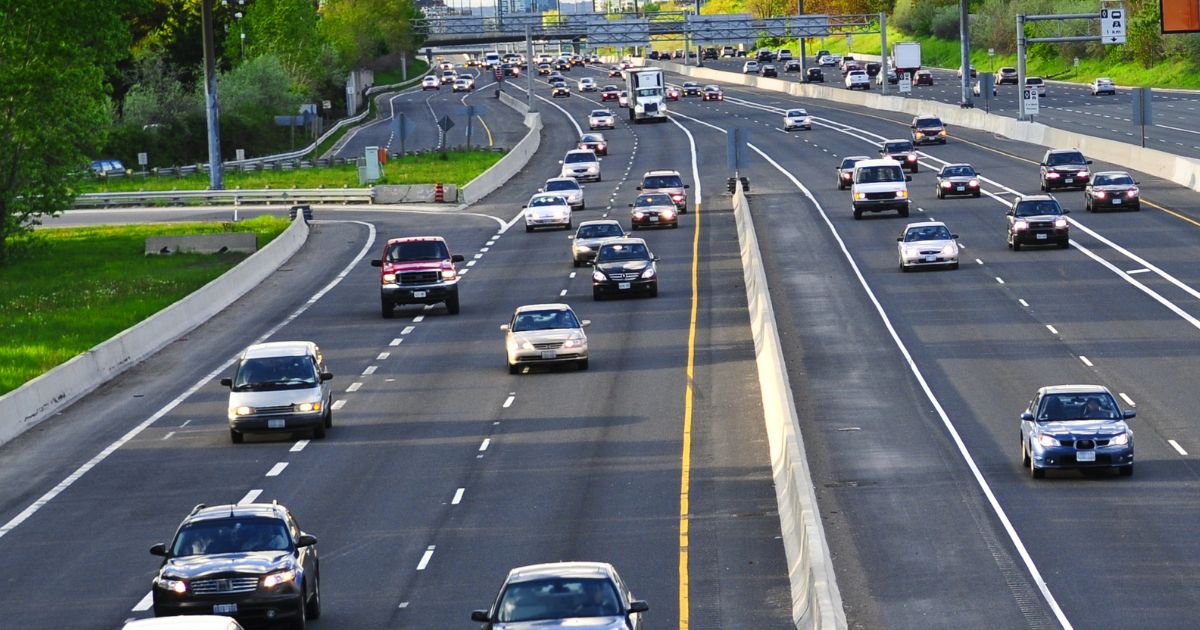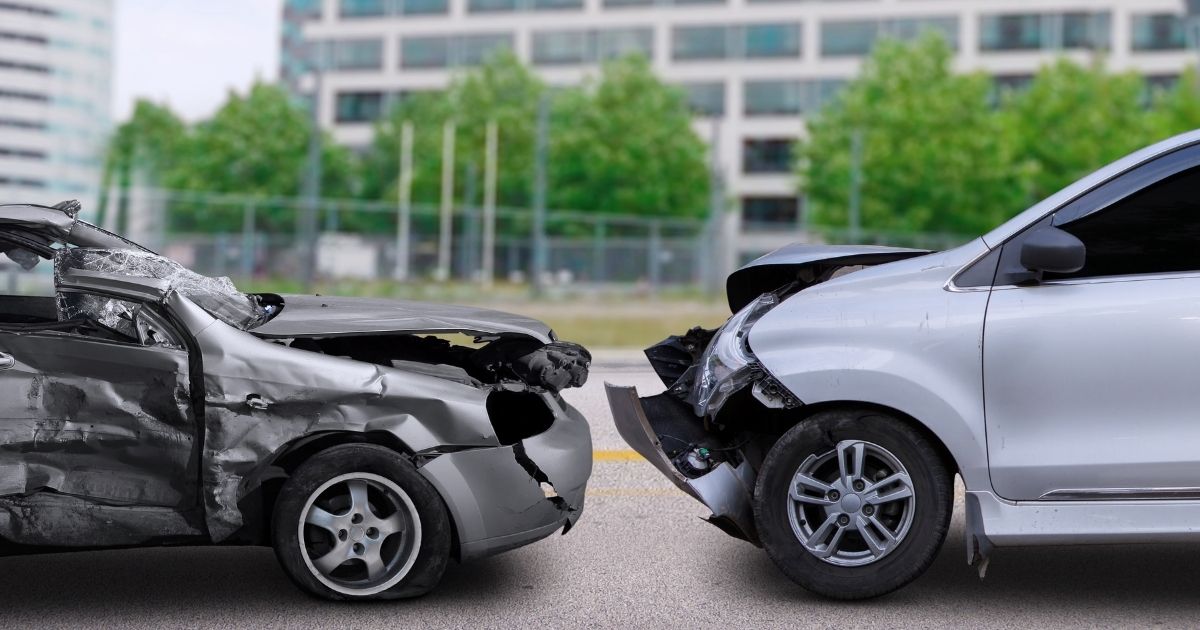Do Low-Impact Car Accidents Qualify for Settlements?
Some of the most destructive and devastating car accidents occur when one or both of the vehicles involved are traveling at a high speed, resulting in a high-impact crash. The property damage caused by a high-impact car accident is often extensive, and the resulting injuries tend to be severe. However, even a relatively minor, low-impact car accident can cause property damage and injuries that require immediate medical attention. The expenses of treating your injuries and repairing your vehicle will accumulate quickly.
What Are the Most Common Causes of Low-Impact Car Accidents?
A low-impact car accident occurs when the vehicles involved are traveling at a speed of less than ten miles per hour. However, if a car accident occurs when one vehicle is traveling at 35 miles per hour, and the other vehicle is traveling at 45 miles per hour, this would also be considered a low-impact car accident because the difference in speed is only ten miles per hour. Low-impact car accidents are generally caused by a range of negligent driving behaviors, including the following:
- Failure to yield to the right of way when merging into traffic, at a two-way or a four-way stop, or at a traffic signal
- Tailgating
- Distracted driving
- Driving while impaired by alcohol or drugs
- Drowsy driving
- Failing to take the necessary precautions when driving during inclement weather
What Are Common Types of Injuries Associated With Low-Impact Car Accidents?
Even a relatively minor car accident can cause serious injuries, particularly if the occupants of the vehicles involved were not wearing their seatbelt at the time of the accident. Common injuries include broken bones, cuts and lacerations, and back injuries, as well as the following:
- Whiplash: This is a common injury that occurs when the sudden force of impact causes a rapid backward and forward movement of the head, causing strain and stiffness in the muscles, ligaments, nerves, and discs in the neck area. While whiplash is not generally a life-threatening injury, it can cause severe pain in the neck and upper limbs. If the injury is not properly diagnosed and treated, it can cause crocus pain and discomfort, which is why it is so important to seek immediate medical attention after a car accident, even if you do not experience any symptoms right away. If you fail to get immediate medical attention, your injury can progress and become more challenging. In addition, if you file a claim, your insurance provider may argue that your injuries must not be very serious if you do not find it necessary to go to a doctor. As a result, your claim may be denied.
- Head and brain injuries: This is another common injury that occurs in low-impact car accidents. Like whiplash, the symptoms of a head injury may not be immediately apparent, so it is crucial that you are examined by a healthcare professional as soon as possible. Depending on the nature and severity of the accident, head injuries from low-impact car accidents can range from minor concussions to traumatic brain injuries (TBI).
- Soft tissue injuries: These include sprains, strains, or contusions that affect the muscles, ligaments, and tendons.
- Wrist and hand injuries: These often occur when motorists brace for impact by placing their hands on the dashboard or steering wheel.
What Damages Can I Receive if I Am Injured in a Low-Impact Car Accident?
If you are injured in a low-impact car accident in Georgia, you may be entitled to the following damages:
- Economic damages: These are the damages that can be easily quantified by obtaining copies of medical records, estimates for the cost to repair the vehicle, and copies of pay stubs.
- Non-economic damages: These refer to intangible losses, including pain and suffering, emotional distress, loss of consortium, and stress and anxiety.
What Should I Do If I Am Involved in a Low-Impact Car Accident?
Even if you are involved in a low-impact car accident where there is minimal property damage and the injuries are minor, it is important that you take the following steps, particularly if you plan on filing a personal injury claim:
- Report the accident. Call 911 and notify dispatch that you were involved in a car accident. Ensure you inform dispatch about any injuries so they can send an ambulance to the scene. The responding officer will fill out a police report, which will be valuable evidence if you file a personal injury claim.
- Seek immediate medical attention. Allow emergency medical personnel to examine you, even if you do not have any apparent symptoms.
- Collect evidence, including photos of the damage to your vehicle, injuries, and any debris or skid marks on the road.
- Exchange information with the other driver, including insurance and driver’s license numbers.
- Avoid apologizing or saying anything that could be interpreted as admitting fault, which can be used against you during the claims process.
- Notify your insurance company that you were involved in a car accident. Keep in mind, however, that insurance companies are making money and will resort to a range of tactics to avoid paying a large settlement. The more evidence you can collect, the more likely you will be able to prove that the other driver was at fault and negotiate a fair settlement.
Our Savannah Car Accident Lawyers at Kicklighter Law Represent Victims of Low-Impact Car Accidents
If you or a loved one was injured in a low-impact car accident, it is highly recommended that you contact our Savannah car accident lawyers at Kicklighter Law as soon as possible. We will assist you with every step of the claims process, determine the nature and severity of your injuries, and pursue the maximum financial compensation you deserve. To schedule a confidential consultation, call us today at 912-754-6003 or contact us online. Located in Springfield, Georgia, we serve clients in Effingham County, Savannah, and the surrounding areas.


